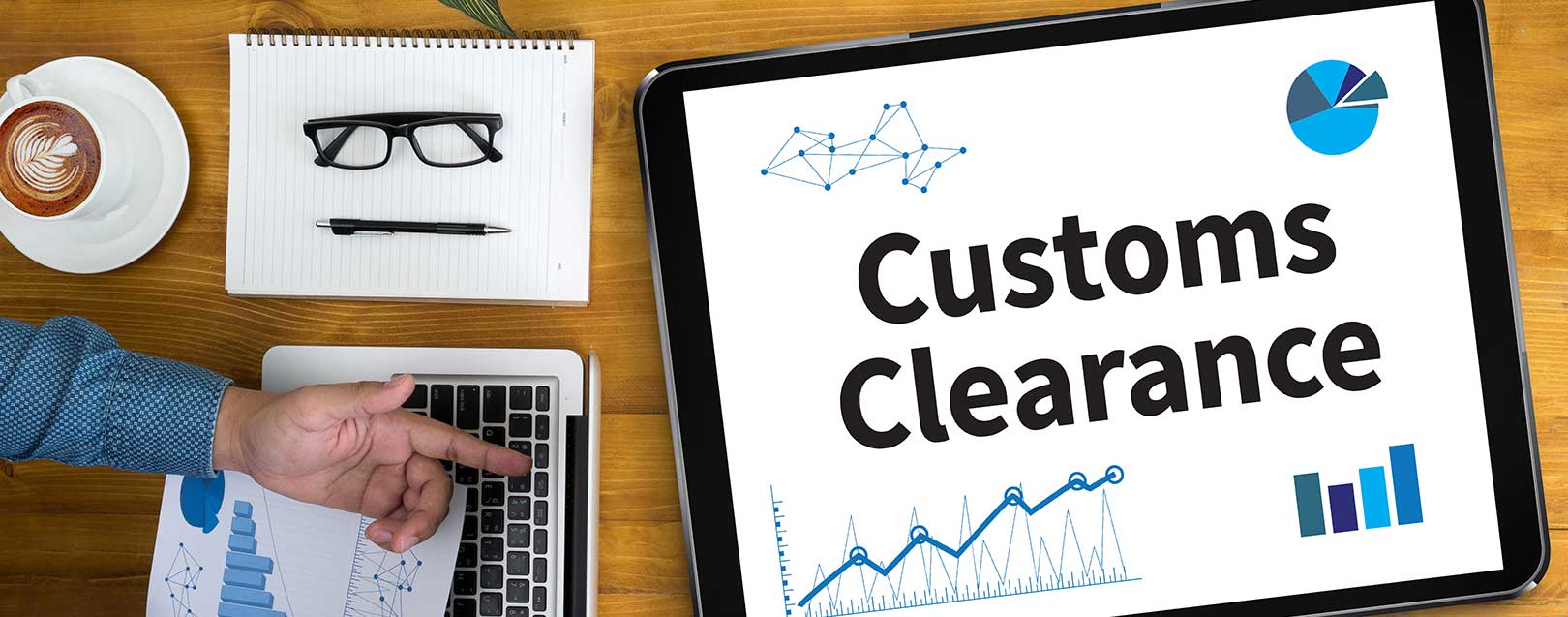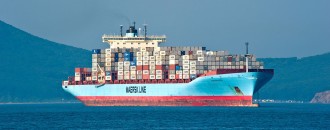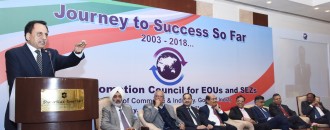
Govt cuts ‘use of paper’ to promote ease of doing business
The Dollar Business Bureau
In order to promote ‘ease of doing business’, the Government has taken a number of initiatives that includes making cargo clearance easier by reducing the use of paper and introducing electronic messaging and paperless processing.
The government has eased the process of cargo clearance by reducing use of paper for GAR7 forms/TR-6 challans, TP copy, shipping bill and bill of entry.
“Government of India has taken-up a number of initiatives for promoting ‘ease of doing business’. One of the ways to make cargo clearance easier is to reduce the use of paper and to introduce electronic messaging and paperless processing,” Central Board of Excise Customs (CBEC) said in its customs circular no.55/2016, issued on Wednesday.
“The Board seeks to ensure that the success achieved over the years in advancing automated clearance processes, EDI (electronic data interchange) messaging and digital signatures translate into a paper-free environment, besides reducing transaction costs,” it added.
To meet the objective of reducing use of paper, the CBEC has decided that there is no need for GAR7 forms/TR-6 challans printout. Therefore, these forms and challans would not be printed by default, the circular said.
Currently, there are three copies of GAR7 forms/TR-6 Challans that are being created and printed out, in addition to the assessed copies of a Bill of Entry. Around 95% of the importers make payments via ePayment, where the information of challan and for confirmation payment is received electronically. In addition, ICEGATE gives a list of all unpaid challans on its e-Payment gateway, for viewing and printing.
With regards to TP copy, the Board said that as transshipment permit information is sent electronically to the carrier, it can also be printed by the carrier in their offices, where Inland Container Depots (ICDs)/Container Freight Stations (CFSs) and the gateway port are not interconnected, manual copy or printing of TP copy may continue.
With regards to shipping bill, a detailed copy is not needed by the authorised dealer and it is enough to only print a summary copy, CBEC provides copies of digitally signed shipping bills to DGFT and data of Shipping Bill is integrated with EDPMS (Export Data Processing and Monitoring System) of Reserve Bank of India (RBI). Therefore, the printing of exchange control copy and export promotion copy of the Shipping Bill does not serve any useful purpose.
In view of the Bill of Entry (BoE), RBI has decided to do away with the requirement for the banks to obtain a physical copy of BoE from the importer as an evidence of import because data can be transferred in secured manner from the system of Customs department to IDPMS. It has been, therefore, decided to discontinue the printing of Exchange control copy of BoE unless there is a requirement of printing like in the case of manual BoEs, said the notification.
However, the Board said, there could be cases where printing is necessitated for variety of reasons like manual BoEs, insistence of importer, exporter etc. Therefore, in such cases, printouts may be provided on demand.
The notification said the given instructions should be made operational from December 1, 2016.





